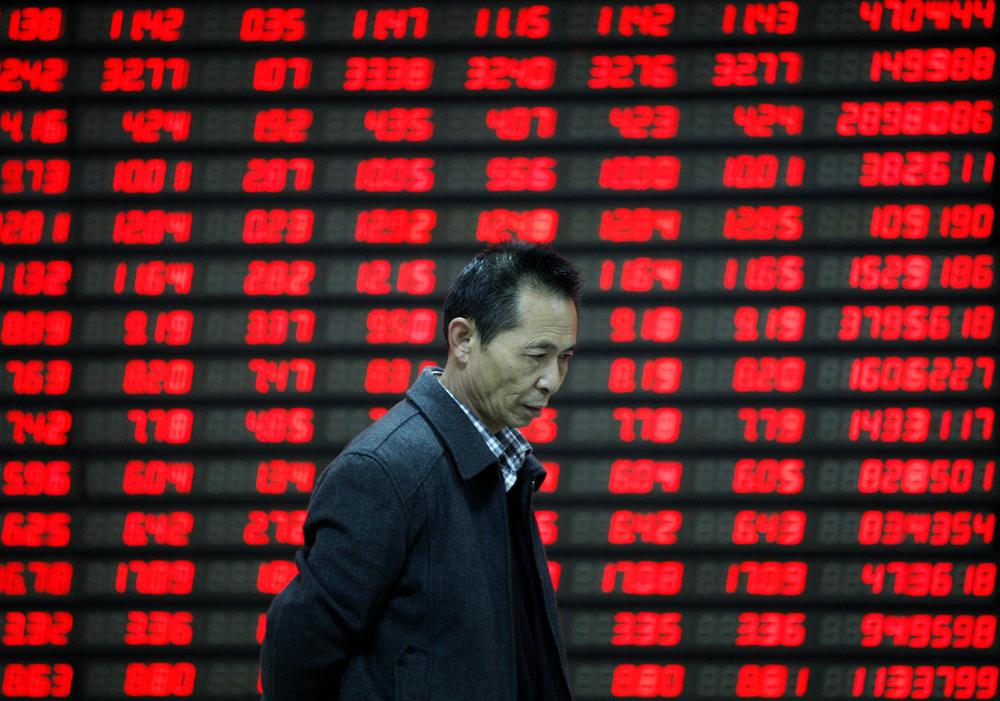For the first time since the 2015 slump, the Chinese economy displays a direction of downward travel, as the Shanghai Composite (SHCOMP) enters the bear market and drops 20 percent from its January high.
Since January, Chinese stocks have dropped 1.6 trillion USD in value, with a recent amalgamation of a devalued yuan and heated tariff disputes with the US, fueling a downward spiral. Last week, Chinese stocks plunged nearly 4% in one day with Trump’s announcement of further tariffs on 34 billion USD of Chinese goods, to be implemented on the 6th of July.
The significance of yesterday’s figures though, was that the 0.5% dip in the Shanghai Composite signified that the Chinese economy was – bucking its usual trend – entering the bear market. Yesterday’s dip was sparked by the continued sell-off of US stocks, which was intensified by new restrictions put in place by the US treasury. New measures mean that a block has been placed on companies with more than 25 percent Chinese ownership, from buying US firms which provide ‘industrially significant technology’, such as electric vehicles, aerospace technology and robotics.
Despite the best efforts of the Chinese government and banks to spark market liquidity – by lowering bank reserve limits and freeing up 108 billion USD into the market – technology firms across the world have and will continue to suffer as a result of protectionist policies. These tensions and their ramifications are set to continue into the second half of the year.
“Partly due to Xi’s aggressive rhetoric, Trump probably won’t be able to back down, or else he will look weak. Note his tactics are almost always to raise the ante, not to back off,” said Michael Every, Senior Asia-Pacific strategist at Rabobank.
Analysts at investment bank, Nomura, commented, “We believe the Chinese economy has yet to bottom out, and the situation could worsen before getting better”.
The difficult reality to contend with is that China is a major player, like the US. Coining the anecdote from the 2008 crash, ‘when America sneezes, the whole world catches a cold’, whether China or the US fairs worse from these trade tensions is almost inconsequential; the burden of their ill fortune will be shared by their vast trade networks. It has been said that the US expects President Xinping to retaliate to the next round of US tariffs, and President Trump has earmarked a further 450 billion USD of Chinese goods for tariffs.




